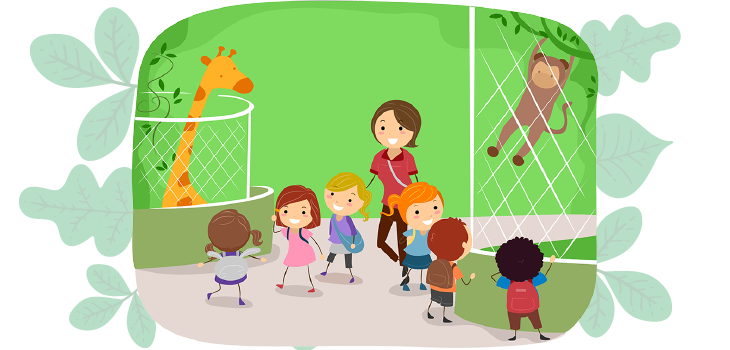Social Bonds in Home Schooling: Nurturing Connections

Fostering Social Bonds in Home Schooling: Navigating the Landscape of Connections
Embarking on the journey of home schooling invites contemplation about socialization—an aspect often scrutinized in alternative education. In this exploration, we delve into the ways home schooling not only accommodates but excels in fostering meaningful social bonds for students.
Beyond Classroom Walls: Expanding Social Horizons
One common misconception about home schooling is that it limits social interaction. However, the reality is quite the opposite. Home-schooled students have the freedom to engage with a diverse range of people beyond the confines of traditional classroom walls. Community events, extracurricular activities, and involvement in local organizations become avenues for building connections.
Flexible Socialization Opportunities: Tailoring Interactions to Individual Needs
Home schooling provides a unique advantage in tailoring socialization opportunities to individual needs. Some students thrive in large group settings, while others prefer smaller, intimate gatherings. With the flexibility that home schooling offers, parents can customize social interactions to suit their child’s personality, fostering a comfortable and positive social experience.
Community Involvement: Nurturing Civic Engagement
Engaging with the community is a core aspect of home schooling’s socialization strategy. Home-schooled students often participate in volunteer work, community service projects, and local initiatives. This hands-on involvement not only exposes them to diverse perspectives but also instills a sense of civic responsibility, contributing to their overall social development.
Family-Centric Socialization: Strengthening Bonds at Home
Home schooling places a strong emphasis on family involvement, creating an environment where social bonds within the family unit are nurtured. Siblings of different ages interact, learn from each other, and form unique connections. This family-centric approach to socialization fosters a supportive foundation for students as they navigate the broader social landscape.
Extracurricular Pursuits: Shaping Social Interactions Through Hobbies
Extracurricular activities play a pivotal role in shaping social interactions for home-schooled students. Whether it’s joining a sports team, participating in art classes, or engaging in music lessons, these pursuits become avenues for building friendships with peers who share similar interests, promoting a sense of camaraderie and social connection.
Building Social Skills: A Focus on Emotional Intelligence
Home schooling places an intentional focus on developing social skills and emotional intelligence. In a more controlled environment, students have the opportunity to work on communication, empathy, and conflict resolution. These skills are integral not only to successful socialization during the home schooling years but also in future personal and professional endeavors.
Online Communities: Expanding Social Circles Digitally
In the digital age, home-schooled students can also leverage online communities for socialization. Virtual classrooms, forums, and social media groups provide platforms for connecting with peers who share similar educational journeys. This digital dimension expands social circles and allows students to build friendships beyond geographical boundaries.
Socialization Beyond Age Groups: Embracing Diversity
Traditional schools often segregate students by age, limiting socialization to specific peer groups. Home schooling breaks away from this structure, allowing students to interact with individuals of various ages. This diversity fosters a rich social environment, enabling students to learn from older mentors and mentor younger






